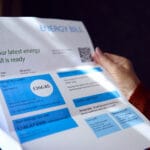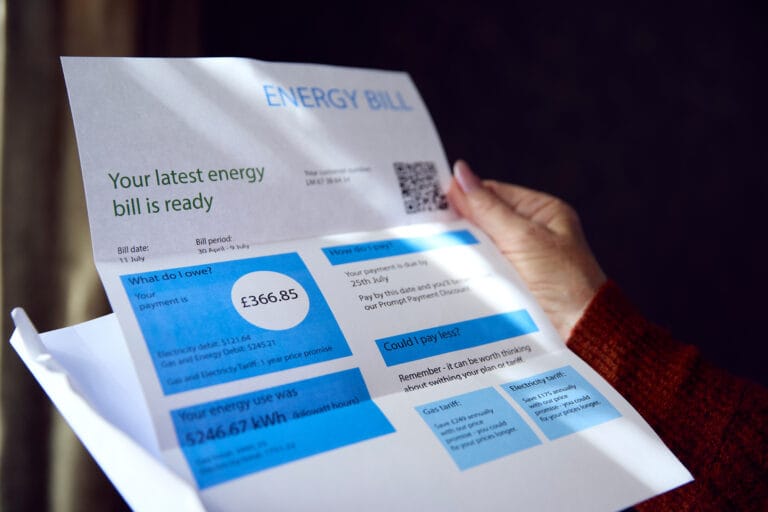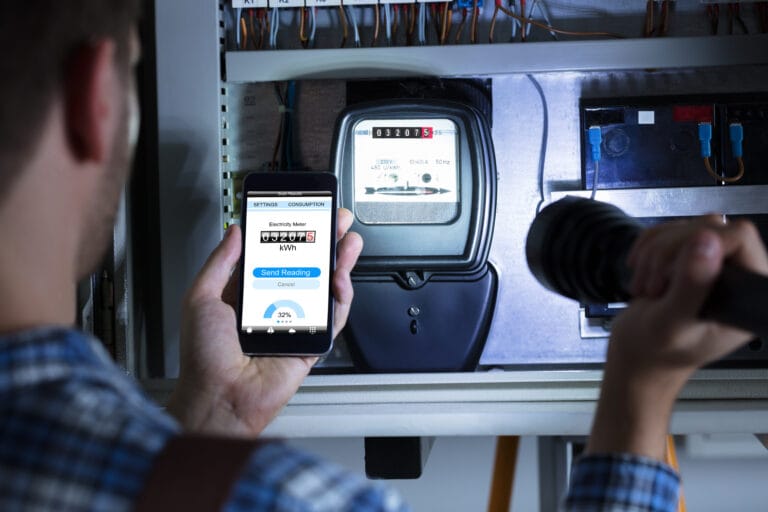Plug In and Save: Electric vehicles Significantly Cheaper for Motorists
The shift to electric vehicles (EVs) in the UK is gathering pace, with the number of EVs increasing from under 400,000 to over 1.5 million in the last four years alone. This shift is driven not just by environmental concerns but also by cold, hard economics. While the initial price tag of an EV may give some buyers pause, the real value becomes evident the moment the vehicle hits the road.
Recent data has revealed that EVs can complete some of the UK’s most popular bank holiday road trips for under £3—nearly 90% cheaper than the equivalent petrol journey. For example, a 150-mile drive through the Lake District would set an EV driver back as little as £2.63, compared to a staggering £25.81 for a conventional combustion engine counterpart. This isn’t an isolated case; similar savings apply to routes through Cornwall, Wales, and the Scottish Highlands.
These statistics show that for the average family or individual looking to save money during peak travel periods, electric vehicles deliver significant reductions in running costs.
Long-Term Savings That Add Up
Beyond individual trips, the long-term financial benefits of owning an EV become even more apparent. According to research, on average the total cost of ownership for electric cars is nearly £6,000 lower than that of petrol or diesel vehicles. This encompasses not just savings on fuel, but also lower maintenance expenses, fewer mechanical issues due to simpler drivetrains, and perks such as access to clean air zones tax-free.
Moreover, electricity tariffs—especially overnight off-peak ones—allow EV owners to ‘refuel’ at a fraction of the cost. When combined with home charging setups, many drivers rarely need to rely on public charging, pushing down costs even further. Add to this the government’s ongoing incentives for electric mobility and it’s clear that EVs are designed not only for environmental sustainability but also for economic efficiency.
For businesses and individuals alike, the cumulative savings can be substantial over extended periods.
Accessible Charging and Real-World Range
One of the lingering concerns for potential EV buyers is charging convenience and driving range. Fortunately, these barriers are rapidly disappearing. Many modern electric cars now offer real-world ranges of 250 to 300 miles—more than enough for most daily and even weekend journeys. The UK’s charging infrastructure is growing at pace, with thousands of public charge points being installed across supermarkets, service stations, and residential areas. But the real game-changer is home/ business charging.
With a dedicated home charger and the use of economy 7 or time-of-use electricity tariffs, EV owners can top up their battery overnight for just a few pounds—less than a cup of coffee. This level of ease and affordability is something combustion engines simply cannot match. Coupled with software tools that plan efficient routes and locate chargers on the go, EV ownership has become both practical and cost-effective, even for longer trips.
Electric is the Smart Money Move














